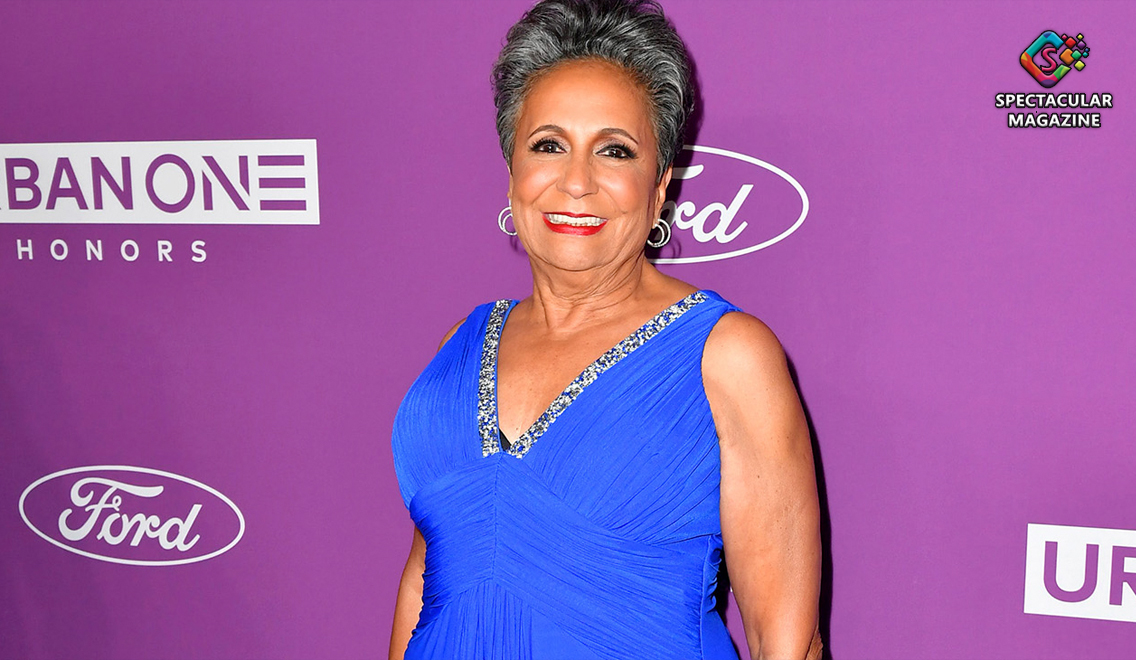Cathy Hughes’ 40 Years Of Leadership Celebrated At Urban One Honors; Airs Jan. 20th
Oxon Hill, Md. – African Americans donned in tuxedos and gowns gathered at the MGM National Harbor to celebrate the 40th anniversary of Urban One Inc., the nation’s largest distributor of news and entertainment aimed solely at Black consumers, which also includes the largest African American owned TV network. Inside the illuminated 3,000-seat theater Hollywood’s and New York’s top entertainers’ mix with some of Washington, D.C.’s bourgeoisie including politicians and business leaders. The prestigious Urban One Honors will premiere on Jan. 20, 2020, the Martin Luther King Jr. holiday, on TV One at 8 pm Eastern/7 pm Central.
The media company that for decades was known as Radio One Inc. for its stable of radio stations across the country, changed its name in 2017 to Urban One, a new name that reflects, its owners believed, its channeled mission of providing media content to urban audiences via all forms of media through its divisions including radio, television programming with its TV One cable network and now the Internet.
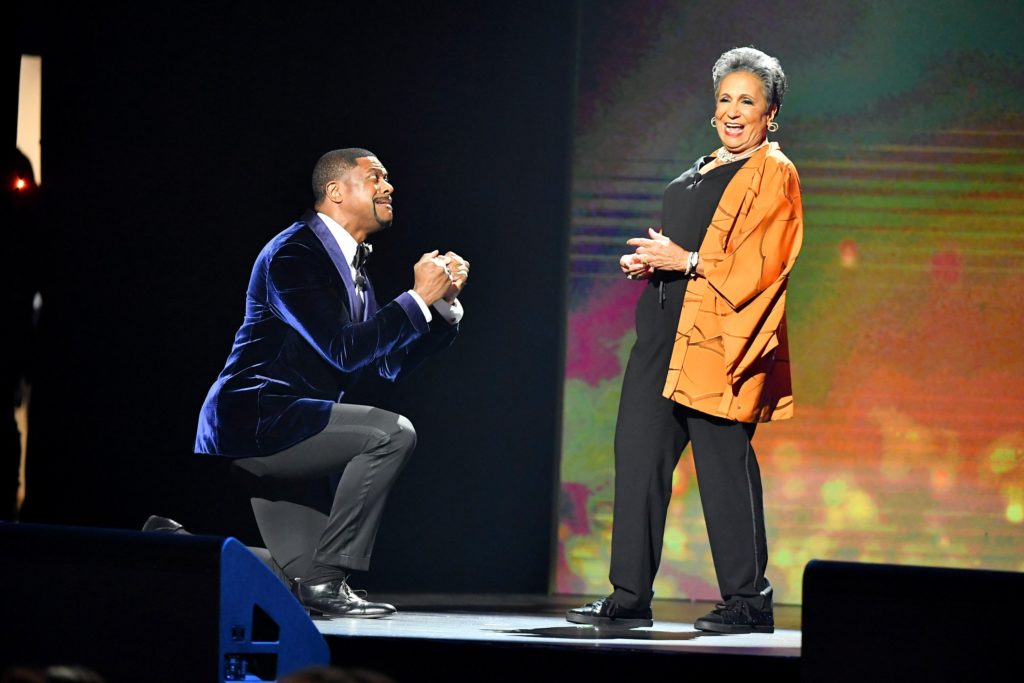
Still at the helm of Urban One is the legendary woman with the mic, camera and now computer keyboard is the company’s founder and chairwoman, Cathy Hughes. On this recent night, the 72-year-old energetic and spirited Hughes is also serving as co-host for the 40th anniversary Urban One Honors awards show with comedian Chris Tucker, which is scheduled to air Hughes’s TV One network Jan. 20.
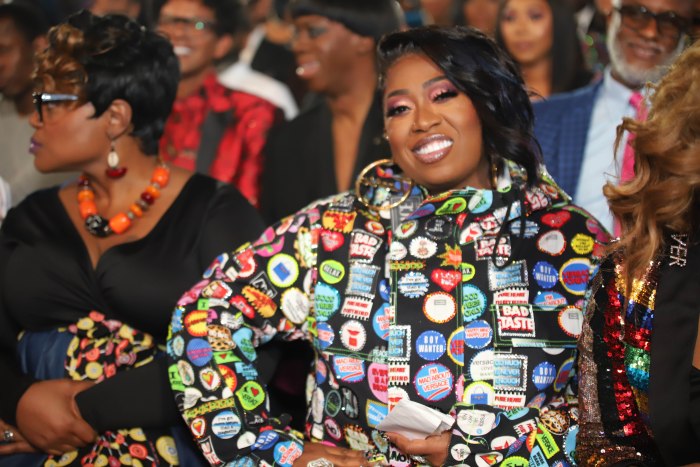
Among this year’s honorees were veteran music executive Sylvia Rhone (Lifetime Achievement Honor); Grammy Award-winning recording artist and producer Missy Elliott (Music Innovation Honor); Academy Award-winning actor Jamie Foxx (Entertainment Icon Honor); Grammy Award-winning artist Chance the Rapper (Represent Change Honor); and, actor/dancer and star of Pose Ryan Jamaal Swain (Represent Pride Honor). Special recognition went to music executive legend Clarence “The Black Godfather” Avant (Represent Opportunity); civil rights activist the Rev. Al Sharpton (Represent Leadership); and Emmy Award-winning actor Billy Porter (Represent Excellence).
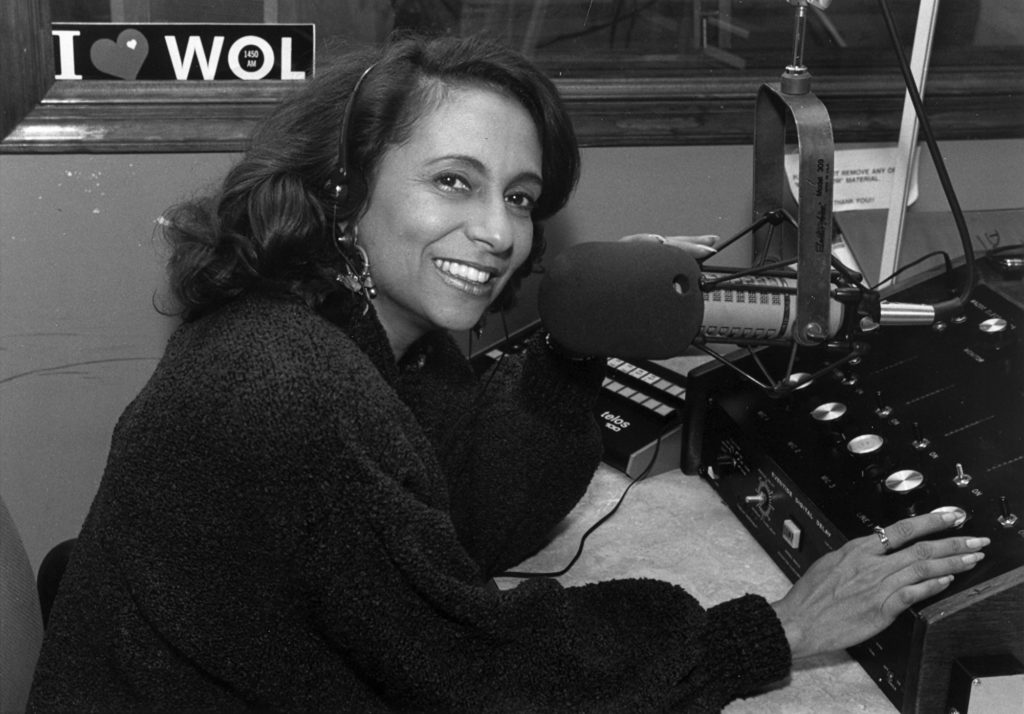
In addition to the various entertainment companies, Urban One also owns nearly 7 percent of the $1.4 billion MGM casino, hotel, and resort…a purchase the company made when the resort opened three years ago.
The Hughes media story is well known. She began her career in 1969 at an AM radio station in her native Omaha but left for Washington, D.C. when she was offered a job as a lecturer at Howard University. In 1973, Hughes was named general sales manager of WHUR, Howard’s FM radio station. Two years later, Hughes was promoted to general manager. There she created the late-night, slow-jam formatted staple called “The Quiet Storm” a signature sound that expanded to radio stations around the country. In that short time, Hughes had taken annual revenues at the station from $250,000 to more than $3.5 million.
In 1979, Hughes and then-husband Dewey Hughes sought financing to purchase their own radio station and were rejected by 32 banks until 1980 when they secured lending to buy WOL-AM, a tiny Washington, D.C. station located in Northeast Washington. That first station led to the acquisition of dozens of radio stations around the country. Then in 2004, with her son Alfred C. Liggins III, a Wharton School of Business MBA graduate as chief executive officer his mother’s company, Radio One branched into television by creating TV One, a cable network reaching more than 40 million African American TV households.
In 2017, TV One changed its name to Urban One after it acquired a collection of Internet media websites, now known as iOne Digital, that focus on news, sports and entertainment stories about and for black audiences.
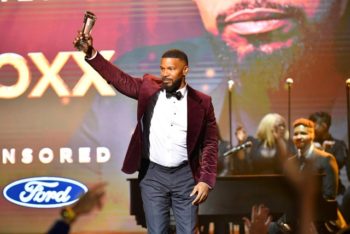
Today, Urban One is worth, according to Wall Street estimates based on stock prices of about $98 million. The company boasts of reaching 59 million households, 22 million listeners, 40 million video streams, 20 million unique Web visitors. It owns 57 broadcast stations in 15 urban markets, two cable networks, and some 80 websites. Hughes works closely with her son who she credits with diversifying Urban One beyond radio and TV.
“This company has a commitment to serving our audience that is evidenced beyond just the mission of making money. It is to build an organization that represents the needs and interests of a community that for the majority of this country’s history, hasn’t had a voice to fight for it,” Liggins, 54, said recently.
Throughout the night at the star-studded awards at the MGM, the influence that Hughes has garnered over the four decades was repeatedly echoed by those who took the stage.
Hughes says she plans to continue to build and rebuild the media industry as the technology changes how black households receive their information and entertainment.
“Today, we reach 92 percent of black households,” Hughes added. “We plan to get to 100 percent.”
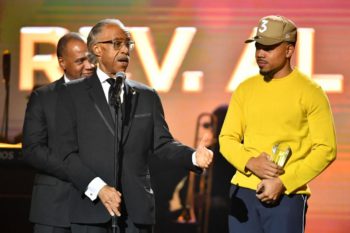
“If the black audience that we serve decides that they want to receive our messages via carrier pigeon, then I’m getting ready to go into the bird business. I don’t know what it will take in the future in order to reach that goal. That will depend on what advances occur in technology.”
Urban One’s plan, Hughes says, is to ensure the company will be at the center, the premier go-to media outlet for black households.
“It’s important for us to have black-owned and controlled, particularly in the media, business ventures, nobody is going to tell our stories from our perspective, except us,” she said. “Nobody is going to do that for us. Why should they or would they? It’s our responsibility to do that.”
Photos: Courtesy of Urban One, Inc.


